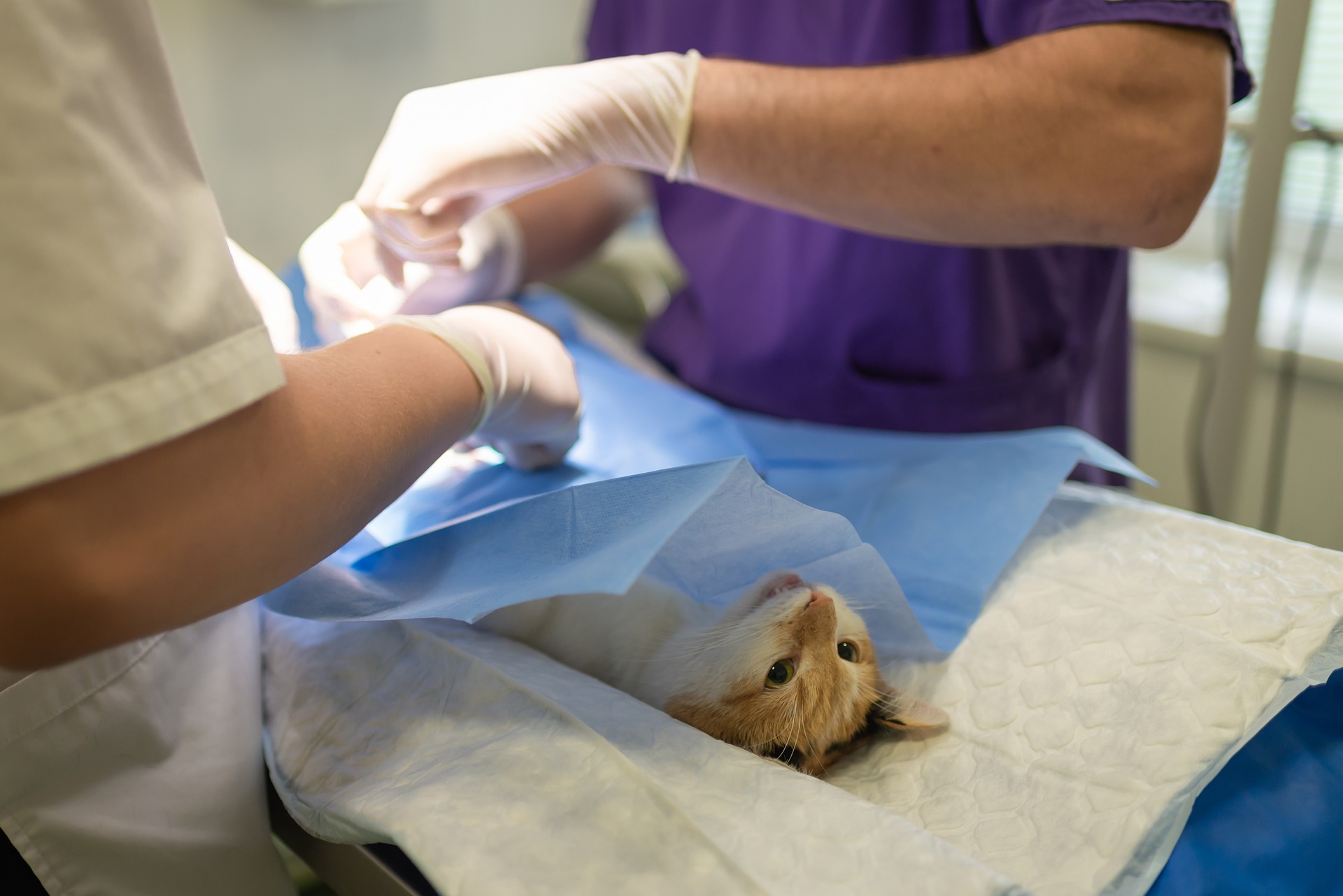What is Veterinary Medicine and What is its Importance?

Veterinary medicine is the branch of medicine that is concerned with health of animals; i.e., the maintenance of health and prevention, diagnosis and treatment of disease and injury in animals. This includes domesticated and wild animal species. For most people, the role of a veterinarian consists of maintaining pet health, such as wellness exams, vaccinations, dietary recommendations and the occasional surgery or treatment of an injury.
The field of veterinary medicine itself and its scope are quite broad however, and represents not only addressing the well-being of pets, their owners and institutions that utilize animals in their operations, but a wide range of public policy issues that impact all of society.
The Scope of Veterinary Medicine
Today’s veterinarians are the only doctors educated to protect the health of both animals and people. They work hard to address the health and welfare needs of every species of animal. Veterinarians also play critical roles in environmental protection, research, food safety, and public health. 1
Veterinary science is a multi-disciplinary subject which includes research on diagnosis, control, prevention and treatment of animal diseases as well as on the basic zoology, welfare, and care of animals. All activities of animal science essentially affect human health either directly through biomedical research and public health or indirectly by addressing domestic animal, wildlife, or environmental health. 2
Veterinary scientists protect the human health and well-being by ensuring food security and safety, preventing and controlling emerging infectious zoonoses, protecting environment and ecosystem, assisting in bioterrorism and agro-terrorism preparedness, advancing treatment and control of non-zoonotic diseases, contributing to public health, and engaging in medical research.

Public Health
Public health veterinarians are those veterinarians who practice veterinary medicine with a specific focus on protecting human and animal populations from disease and injury caused by animal-related sources. 3
Public health veterinarians are the first and best line of defense against animal diseases that could threaten public health and our national security. They prevent and treat zoonotic diseases—diseases that can affect both animals and people—from rabies to avian flu. Veterinarians also are key in responding to bioterrorism threats such as the anthrax attacks that followed 9/11. 4
The duties of a public health veterinarian typically include such functions as:
- Consulting with local health officers and environmental health agencies on proper control of disease and potential outbreak risks.
- Gathering of data to determine risk factors related to infectious diseases transmitted from animals to people.
- Assisting or spearheading the investigation, control, and prevention of these diseases through different programs and interventions.
- Examination and control of food production and safety when food involves animal related agriculture.
- Helping design and implement educational programs and resources that can reduce infections caused by these diseases.
- Helping work to monitor any potential issues that could become serious public health issues related to animals. 3
Biomedical Research
Biomedical research is the broad area of science that looks for ways to prevent and treat diseases that cause illness and death in people and in animals. This general field of research includes many areas of both the life and physical sciences. 5 Leaving aside the contentious issues surrounding the use of animals in biomedical research, the fact that animals are used in research necessitates the engagement of veterinarians in this field.
Utilizing biotechnology techniques, biomedical researchers study biological processes and diseases with the ultimate goal of developing effective treatments and cures. Biomedical research is an evolutionary process requiring careful experimentation by many scientists, including biologists and chemists. Discovery of new medicines and therapies requires careful scientific experimentation, development, and evaluation. 5
In this environment, veterinarians are required to be enrolled or employed in organizations that engage in biomedical research involving animals. These include universities, research hospitals, commercial research facilities, as well as pharmaceutical and biotechnology companies. In the U.S., animal research is overseen by the Department of Agriculture, which also employs veterinarians to monitor regulatory compliance within such facilities.
These are just some of the areas in which veterinary medicine impacts all members of society, regardless of whether or not one has regular contact with animals (including those people who do not consume animals for reasons of health or ideology). There are still others; the scope of veterinary medicine and its effect continues to expand as technology advances, and as aspects of our society continue to change.
1
avma.org.
2Mohanty, I. Role Of a Veterinarian In Present Society and One Health Approach, Journal
of Livestock Science (ISSN online 2277-6214) 5: 18-22, 2014.
3careersinpublichealth.net
4avma.org.
5statesforbiomed.org.
About NexGen Pharmaceuticals
NexGen Pharmaceuticals is an industry-leading veterinary compounding pharmacy, offering sterile and non-sterile compounding services Nationwide. Unlike other veterinary compounding pharmacies, NexGen focuses on drugs that are difficult to find or are no longer available due to manufacturer discontinuance or have yet to be offered commercially for veterinary applications, but which still serve a critical need for our customers. We also specialize in wildlife pharmaceuticals, including sedatives and their antagonists, offering many unique options to serve a wide array of zoo animal and wildlife immobilization and anesthesia requirements.
Our pharmacists are also encouraged to develop strong working relationships with our veterinarians in order to better care for veterinary patients. Such relationships foster an ever-increasing knowledge base upon which pharmacists and veterinarians can draw, making both significantly more effective in their professional roles.



